
Cement logistics company SiloNet relies on RoadEfficiency from Mercedes-Benz Trucks
Business & Logistics
In the cement business, SMEs need to do their sums very carefully. Low overall costs, a high level of safety and high vehicle utilization are a must for fleet operators like Gerdes + Landwehr.
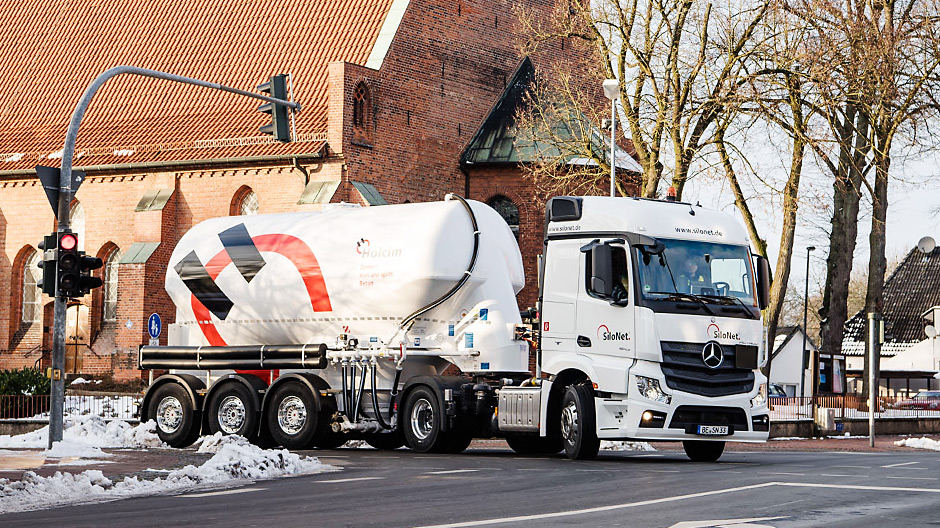
Herbert Schulz moves tens of thousands of kilograms of his freight day after day. Yet he only ever gets to see it through the small sight glass that he keeps an eye on while unloading his silo trailer. “I monitor it to make sure that the cement keeps flowing smoothly,” says the 46-year-old. This what he is doing on this rainy afternoon, a few kilometres southwest of Bremen. Using a rubber mallet, Schulz raps the aluminium wall two or three times so he can estimate the amount remaining based on the reverberation. In just under three-quarters of an hour, all of the 29 tonnes of cement have been transferred into the silo of the ready-mix concrete plant.
Cement – key freight article.
At the Delmenhorst plant, fresh concrete is produced – through the addition of gravel, sand and water to the cement – ready for immediate use in construction. Earlier, Schulz had loaded his freight at a Holcim cement works in Bremen. “This grade produces high-strength concrete. Concrete produced in this way is suitable for the foundations of wind turbines, for example,” explains the driver. Mixer trucks approach in steady succession and are filled from the top via a massive pipe, just a few metres from the driver’s Actros. A shattering ring tone cuts through the air, indicating that the revolving drum is fully laden – next, please!
“Cement is our most important freight by far,” says John Henrik Landwehr. The 45-year-old is the general manager of the Gerdes + Landwehr conglomerate, based in Sulingen, Lower Saxony, which makes him the employer of Herbert Schulz and some 240 other colleagues. In 2016 the group of companies shifted freight with a total weight of over 2.4 million tonnes. Three-quarters of that was building materials, mainly cement for producing concrete. “Cement as a proportion of our total building material transport runs accounts for around 90 per cent,” says Landwehr. The remaining ten per cent is made up of sand, gravel, lime, fly ash and quartz sand.
Concrete is a huge market worldwide – and this inevitably also applies to cement. In China, where entire cities originate virtually out of thin air and where the growth of existing megacities seemingly has no bounds, 2.4 billion metric tonnes of the raw material were used in 2016. In the up-and-coming Indian market, while not nearly comparable, the volumes of cement sales are still enormous, and in the United States they are rising steadily from an already high level. In Germany, a respectable 27.5 million tonnes of cement were consumed in 2016.
Because the global market is so gigantic, a small number of major players are able to call the tune. LafargeHolcim, HeidelbergCement and Cemex are at the top of the international rankings. Local medium-sized companies like the Gerdes + Landwehr Group have to adapt to the rules set by these big players and be very competitive in terms of costs in order to survive in this market. An important success factor for Gerdes + Landwehr is a fleet of Mercedes-Benz trucks geared towards maximum RoadEfficiency.
„And when you look at the latest innovations in terms of the assist and safety systems, like Sideguard Assist*, which is already on 30 per cent of the trucks, then the star is simply peerless.”
– John Hendrik Landwehr
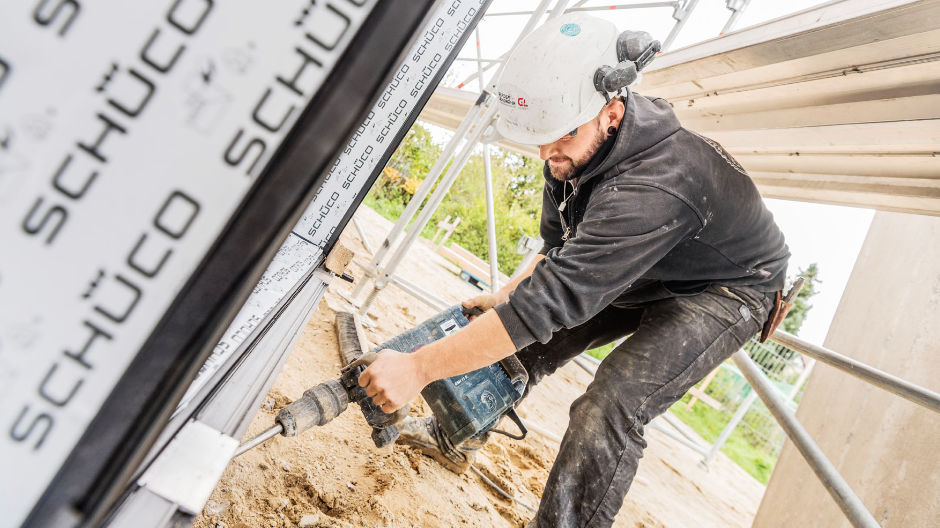
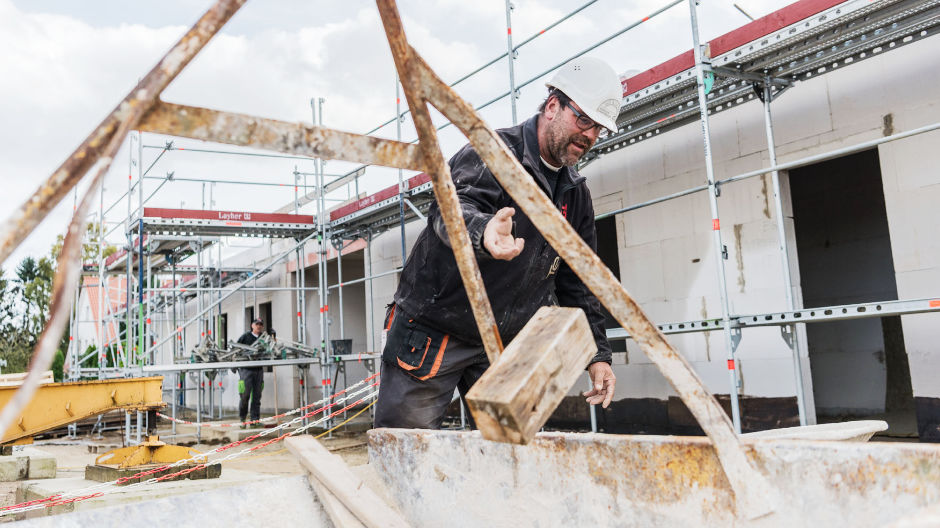
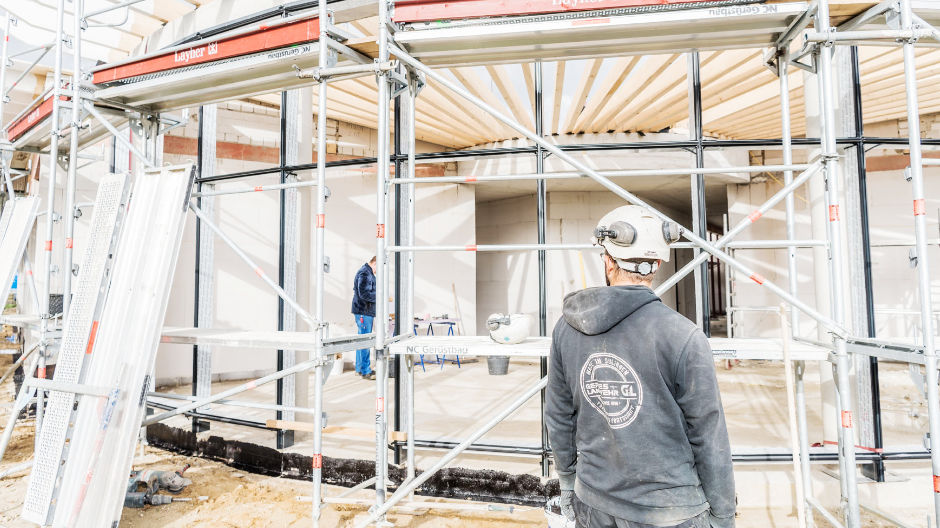
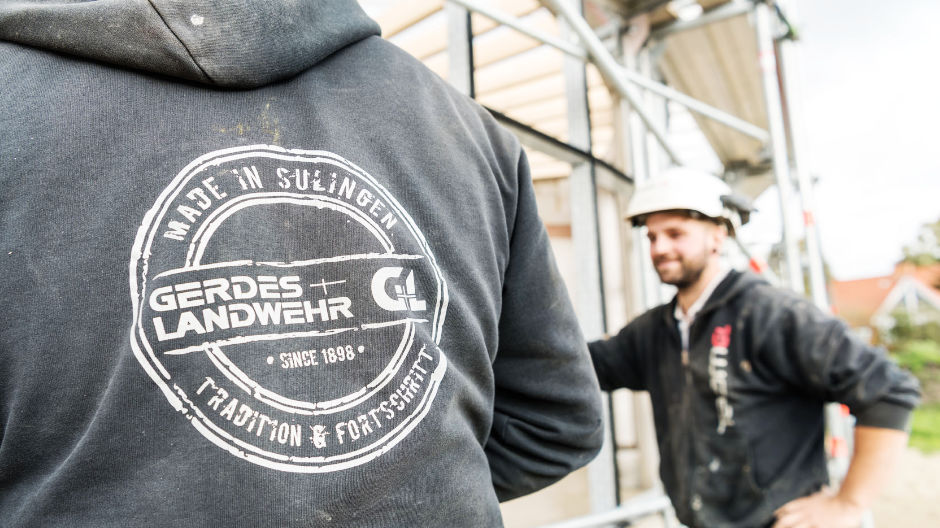

Nine per cent market share.
In the cement transportation segment in Germany, the Gerdes + Landwehr Group managed to garner a respectable nine per cent market share in 2016. SiloNet Logistik, which is designed purely for the transportation of cement, plays a key role in this regard. The company is a joint venture with Holcim (Deutschland) GmbH, which is one of the leading cement manufacturers in the Federal Republic of Germany, and a subsidiary of the global market leader LafargeHolcim. As a result, Gerdes + Landwehr saw its turnover jump to just under 68 million euros. Almost two-thirds of this – and this is where we come full circle and return to Herbert Schulz and his Actros with silo trailer – is contributed by transportation.
Today the Group’s fleet consists of just over 170 trucks, which mainly operate in the northern half of Germany. Some 83 of them, including the almost 50 SiloNet trucks, are Actros. “We have been running Mercedes-Benz since 1958,” says John Henrik Landwehr, who is managing the operation in the fourth generation.
“We’ve always been impressed with the quality of the vehicles. And when you look at the latest innovations in terms of the assist and safety systems, like Sideguard Assist*, which is already on 30 per cent of the trucks, then the star is simply peerless.” From an entrepreneur’s point of view, the most important factor is the total cost over the useful life of the vehicle. “Here, too, the Actros does exceedingly well. Overall, it is simply a very attractive truck.”
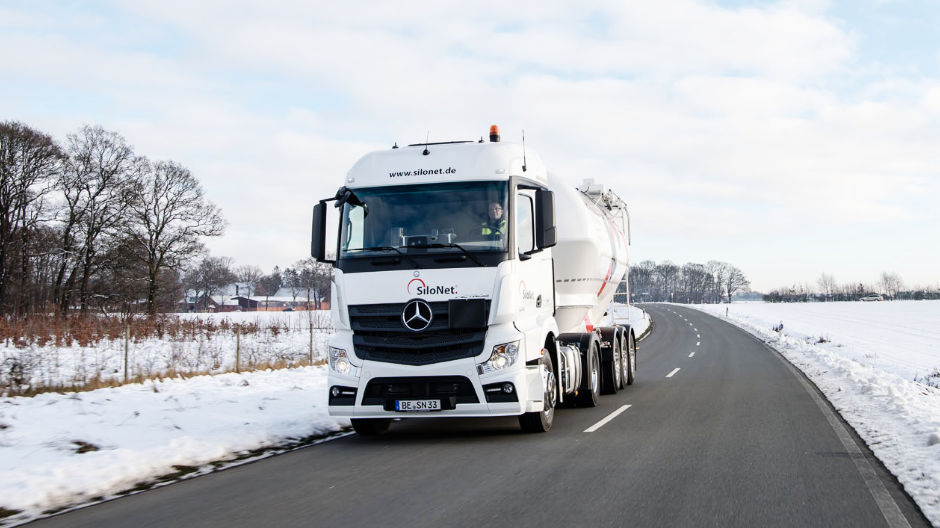
Dynamic group.
The partners in the SiloNet joint venture are Holcim and the Gerdes + Landwehr group of companies (G+L) , based in Sulingen in the German federal state of Lower Saxony. Including all of the Group’s holdings, G+L employs a workforce of about 300. Transport services account for just under two-thirds of total revenues. The planning, design and construction of private and commercial properties as well as the planning and execution of wind power plant projects are also part of the Group’s fields of activity. G+L also holds shares in a ready-mix concrete manufacturer operating five concrete plants. There are also two less conventional shareholdings: one in a hotel on the island of Norderney, and one in a fitness studio right next to the Group headquarters in Sulingen – where the employees are given special rates. Today’s enterprise has its roots in a bricklayer’s business founded as far back as 1898.
Photos: Christian Schmid




Comment
Please log in to post a comment.
1 comment